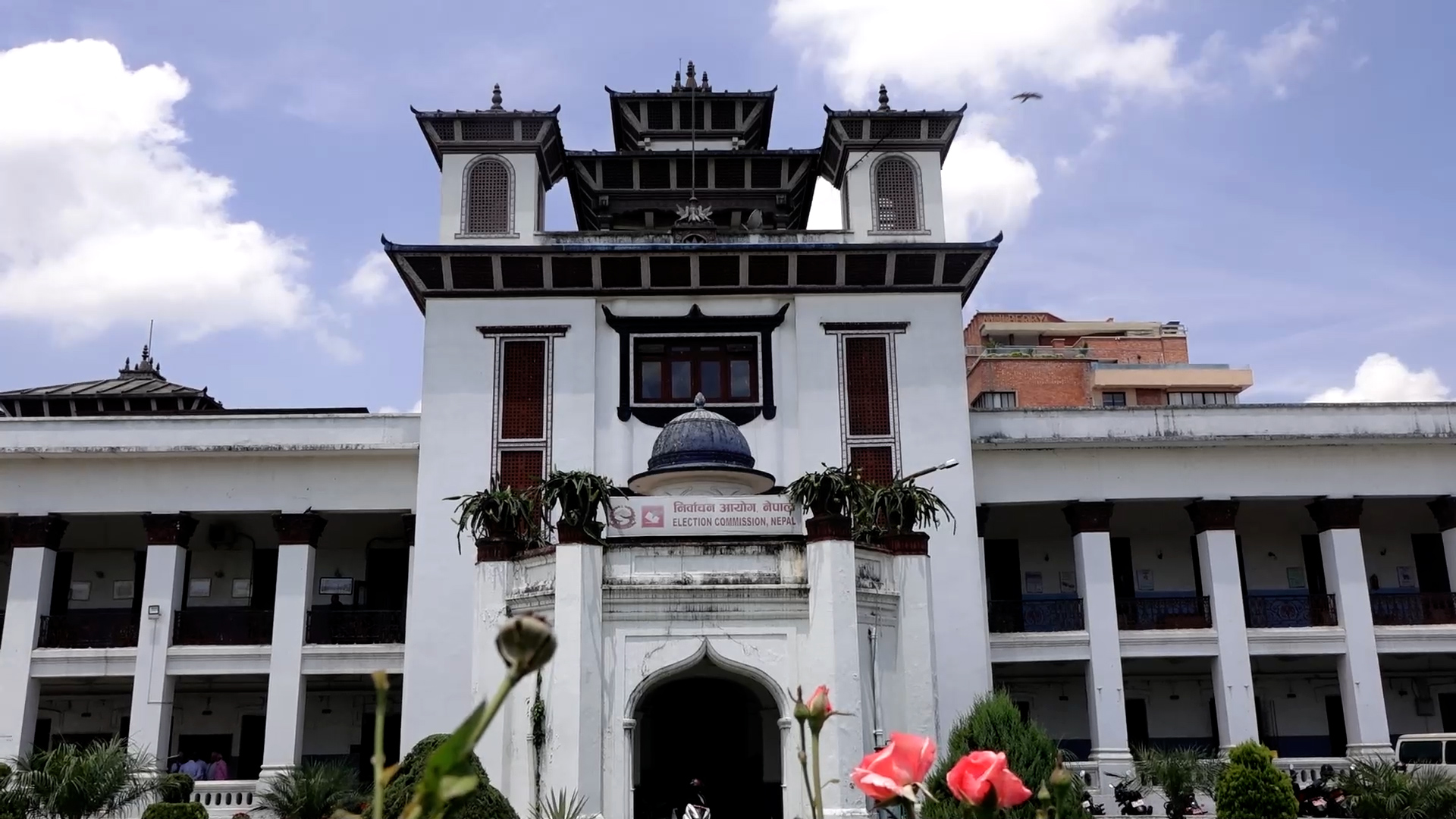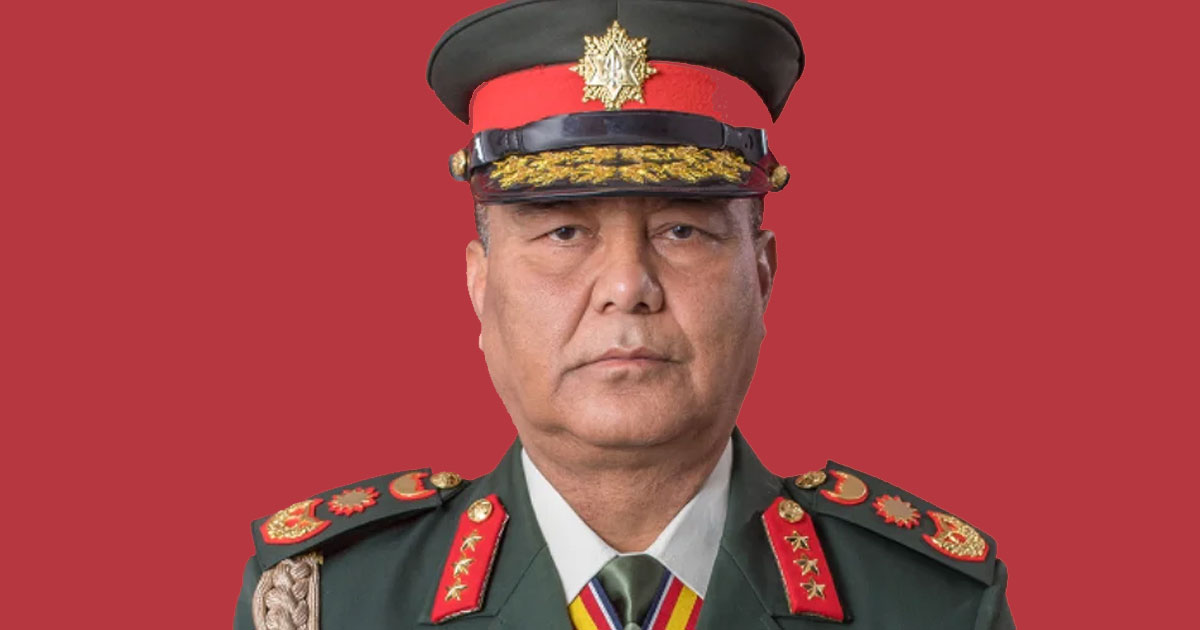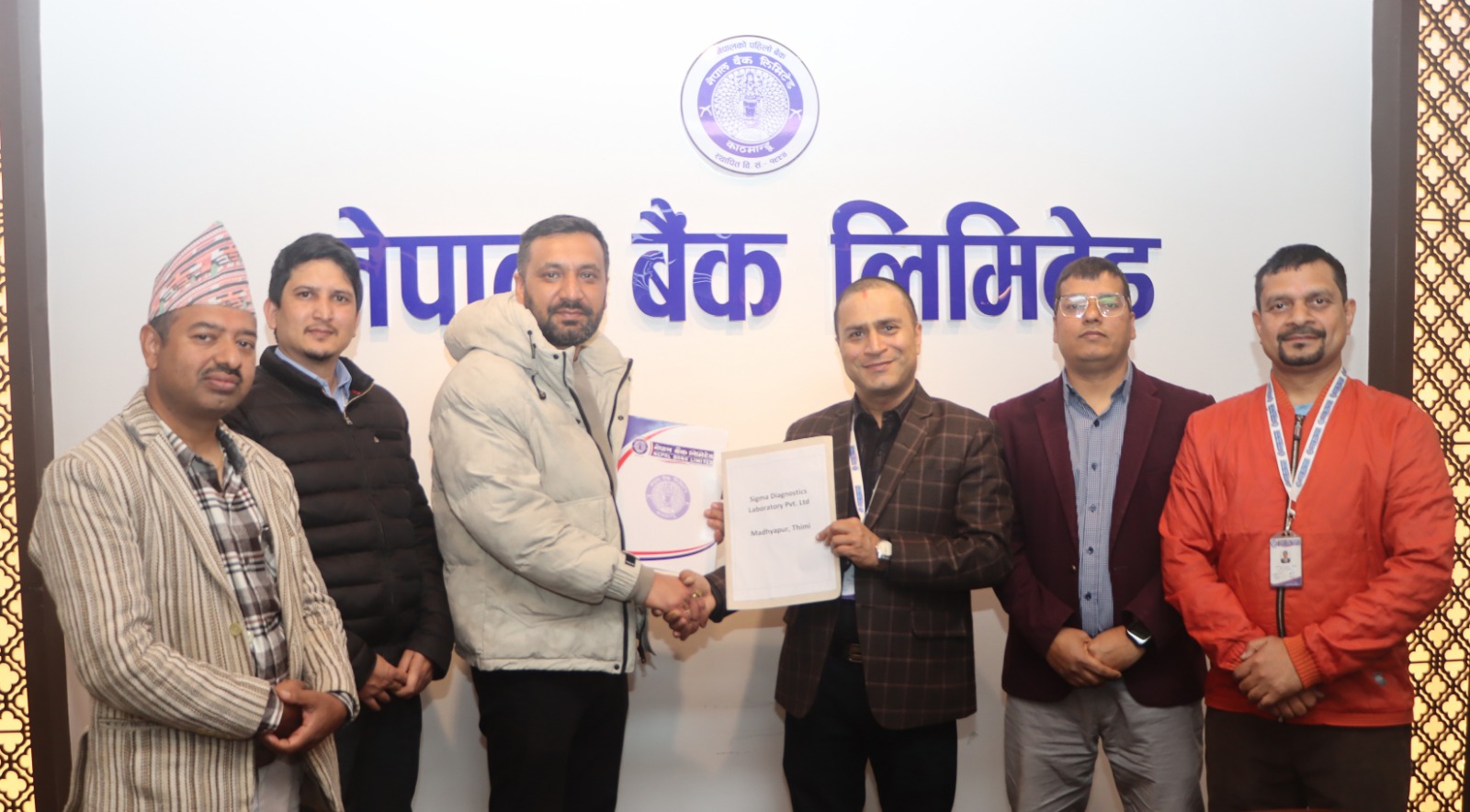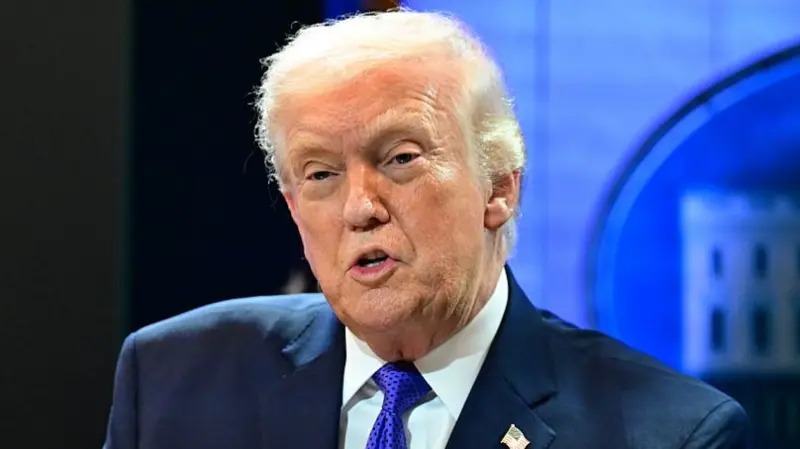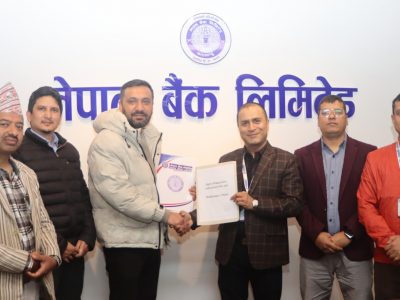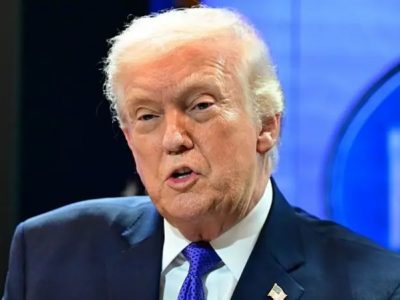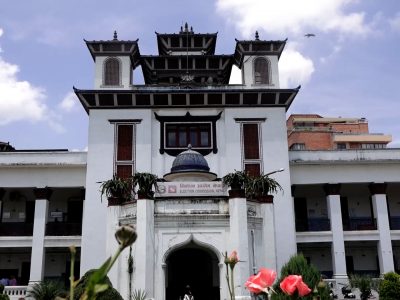India should stop interfering in Nepal’s internal politics: Lt. General Harwant Singh

Retired Indian Army Lieutenant General Harwant Singh, in an article published in The Citizen on Monday, expressed his concern that Beijing had gained considerable influence in Nepal, owing to India’s continued interference in its internal matters.
India’s role with regards to the Madhesi movements, according to him, showcases the “Big Brother” attitude that the state has adopted in its dealings with Nepal. Moreover, highlighting the blockade that had widely impacted Nepal’s economy, he emphasized that these events enabled China to gain an upper hand by stepping in “to provide fuel and other essentials”. Additionally, Singh pressed on the issue that Indian policy-makers have yet to truly appreciate the geo-strategic significance of the smaller power in the region.
He expounded on the Chinese President’s two-day state visit to Kathmandu, whereby the President had delivered the assurance that Beijing would always be a defender of Nepal’s sovereignty and territorial integrity. This is essential for the Nepalese government, he has claimed, as relations cool between Kathmandu and New Delhi. Nepal and China have signed 20 distinct agreements and the latter is investing around USD 495 million in Nepal for infrastructure projects, broadening its horizons with the Belt and Road Initiative (BRI). He has deliberated that such constructions would expand China’s influence and possibly cause a strain on India’s security.
He has written that, “More than one crore Nepalis reside and work in India. There is one full regiment of Gorkhas in the Indian Army (approximately 20,000 troops) and around 80,000 soldiers who have retired from the Indian Army draw pension from India. There is so much commonality of religion, age-long bonding and bonhomie between the peoples of the two countries, and yet it has been slipping out of India’s sphere of influence. Much of the fault lies with India’s inappropriate dealing with that country.”
Singh has suggested Indian policymakers to realize and respect the geo-strategic importance of Nepal, by taking immediate measures to re-establish strong bilateral relations. This can be done, he has explained, through financial aids and investments in the sectors of infrastructure and tourism, as well as by providing better quality weapons at low cost.
Facebook Comment
latest Video
Trending News
- This Week
- This Month


